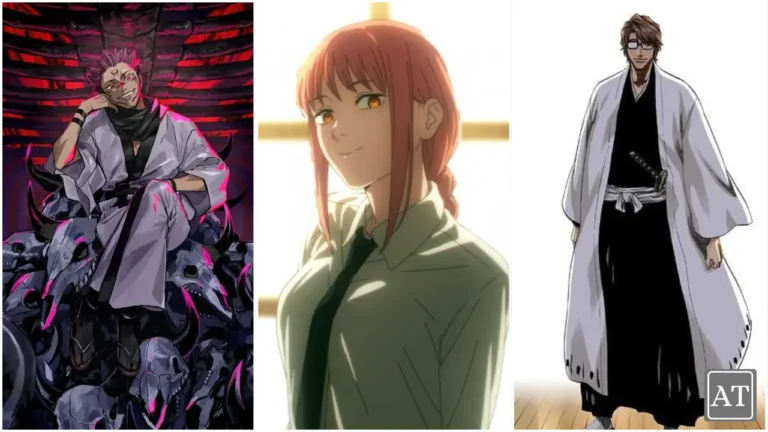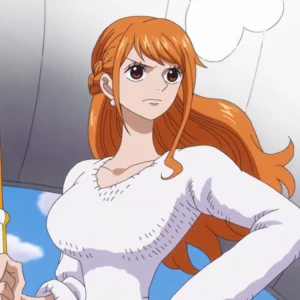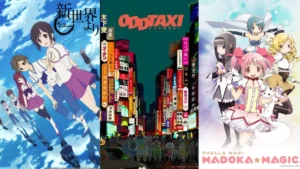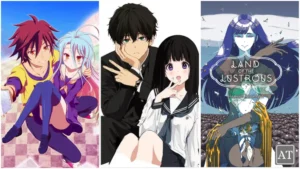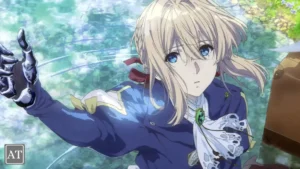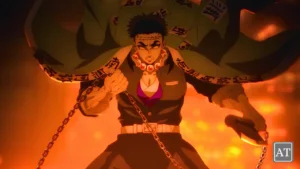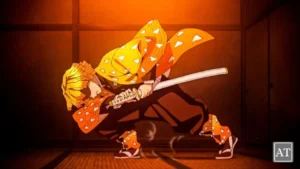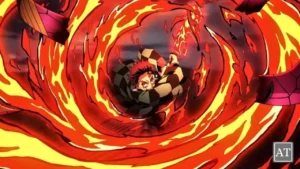Why does your pulse spike the moment a villain steps into frame? Because great anime villains shine a light on the very questions we tuck away: How far would I go for power, love, or peace? Their twisted choices sharpen the hero’s glow—and our own sense of right and wrong.
In the next few minutes, we’ll meet the baddies whose chilling smiles and tragic backstories leave us speechless, and discover the quiet lessons hiding in their shadows. Ready to face the dark? Let’s step in.
A Welcoming Word: Why We Secretly Love Bad Guys
Have you ever caught yourself cheering—just a little—when the big bad walks on-screen? You’re not alone. Great villains:
- Stir curiosity—“How did they become like this?”
- Mirror our fears—failure, loneliness, power hunger.
- Crank the stakes so high our hearts do backflips.
And hey, they’re fun! The best baddies come wrapped in iconic theme music, flaming auras, or a polite smile scarier than a jump-scare. By the end of this journey you’ll not only know who the greatest anime villains are, but you’ll also discover why they matter to your own story.
12 Mind-Blowing Anime Villains
- Pain – Naruto Shippuden: Seeks peace through… apocalypse?
- Sosuke Aizen – Bleach: Master manipulator wearing library glasses.
- Frieza – Dragon Ball: Space dictator with a wicked giggle.
- Sukuna – Jujutsu Kaisen: Cursed King in a borrowed body.
- Makima – Chainsaw Man: Control disguised as kindness.
- Shogo Makishima – Psycho-Pass: Philosophy in a butcher’s coat.
- Meruem – Hunter × Hunter: Chimera who learns humanity late.
- Griffith – Berserk: Dream-chaser turned godlike betrayer.
- All-For-One – My Hero Academia: Hoarder of quirks and nightmares.
- Yhwach – Bleach TYBW: Father of all Quincy, thief of futures.
- Dio Brando – JoJo’s: WRYYYY brand charisma.
- Bonus Shoutout: Kira Yoshikage—because even serial killers crave a “quiet life.”
(Psst… bookmark this list for party debates!)
What Makes a Villain Unforgettable? (Story Science Simplified)
Imagine building a LEGO dragon. You need:
- Clear Motive – Even if it’s twisted, it must make sense.
- Personal Connection to the Hero – Rival, mentor, sibling, whatever raises emotional voltage.
- Flaw That Feels Real – Pride, fear, emptiness—something we recognize in the mirror.
- Moment of “Oh-Snap!” – That jaw-dropping action (hello, Konoha Crater) sealing their legend.
Mix those bricks and you get a foe we both fear and feel for. Ready to meet the masters? Let’s dive deep.
Hall of Shadows: Deep-Dive Profiles
Pain (Naruto): The Boy Who Mistook Pain for Peace
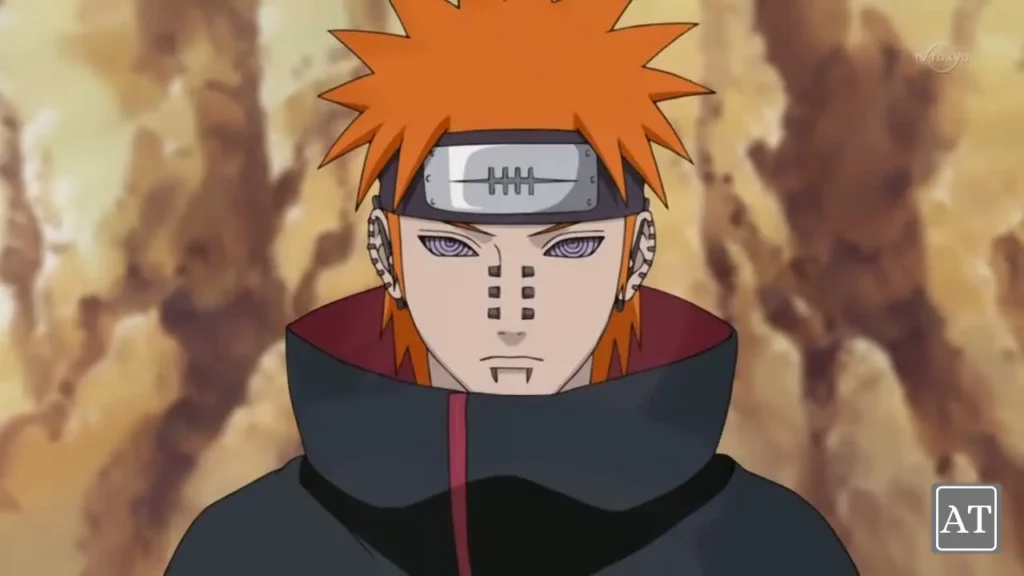
Once upon a rain-soaked village, a kid named Nagato lost everything. His answer? Build a six-body puppet army to force world peace through shared suffering. Sounds bananas—yet don’t we sometimes wish we could “fix” problems with one dramatic gesture? Pain’s arc whispers, “Feel first, judge later.” When he crumbled at Naruto’s empathy, I cried… then texted my childhood friend an overdue apology.
Sosuke Aizen (Bleach): Smiling Chessmaster in the Moonlight
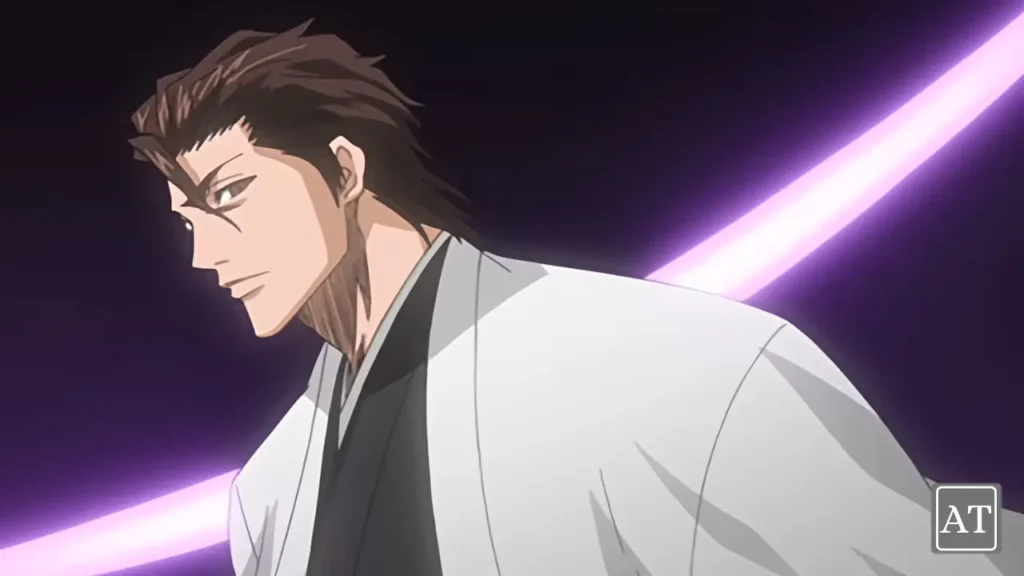
Aizen is that substitute teacher who praises your essay while stealing your soul. He hid his genius under kind eyes for 110 episodes—then snapped the sky open. Talk about payoff! His lesson? Beware quiet waters; they might be oceans hiding monsters. Plus, that butterfly-white coat? Chef’s kiss.
Frieza (Dragon Ball): The Galactic Bully Who Never Grows Up
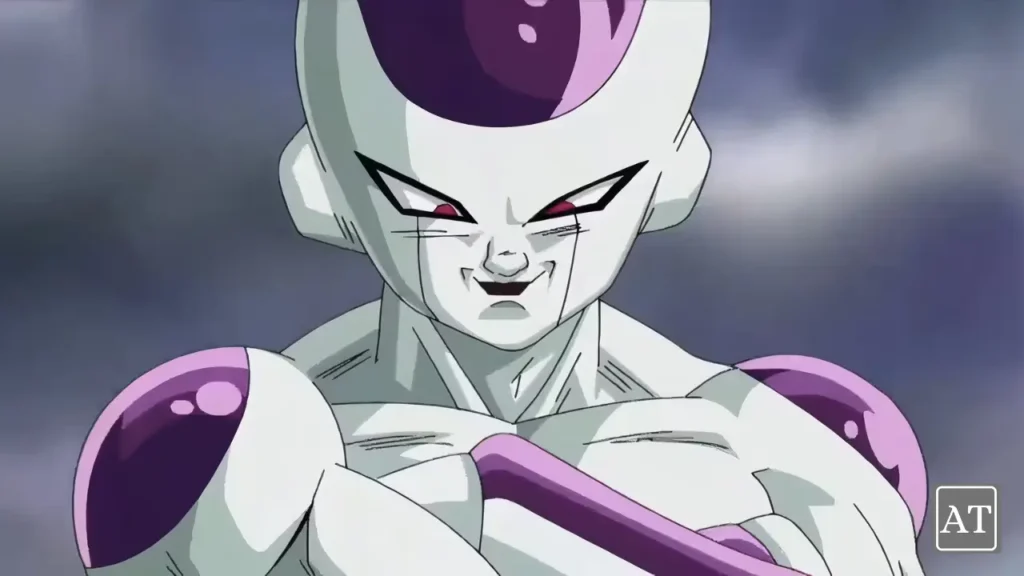
Frieza is a Saturday-morning cartoon villain dialed to 11. He wipes planets like crumbs off a table—and laughs. Yet his pettiness makes him relatable. Who hasn’t thrown a teeny tantrum when losing? (Hopefully minus death beams.) Watching Goku’s pure hope clash with Frieza’s cruelty taught ten-year-old me that kindness can punch harder than ki.
Sukuna (Jujutsu Kaisen): When a Curse Wears a King’s Crown
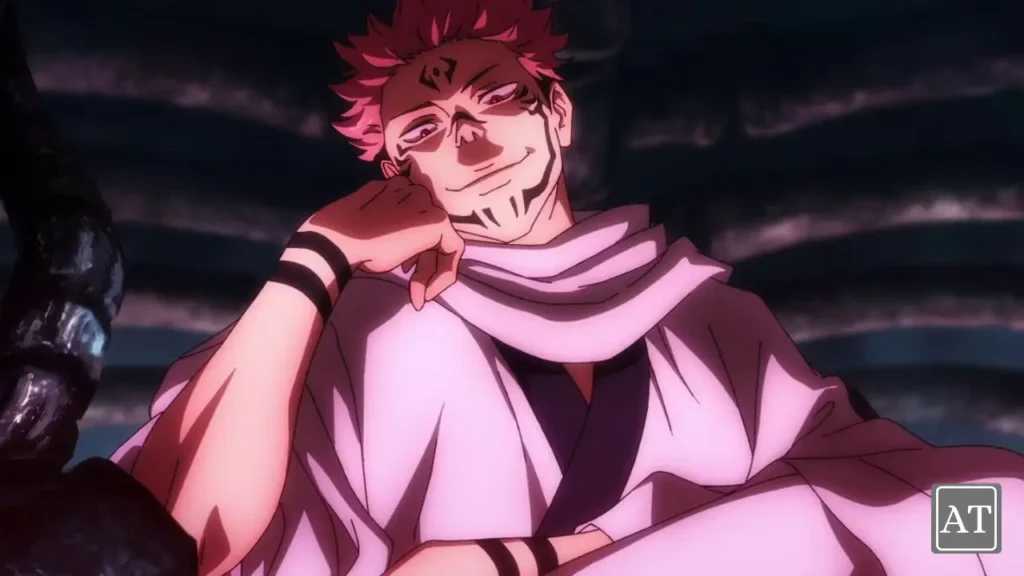
Picture the class clown… possessed by history’s worst curse. Sukuna resides in Yuji’s body like a roommate who never pays rent—then occasionally steals the steering wheel. His charisma turns dread into entertainment, reminding us inner demons can feel both alien and familiar.
Makima (Chainsaw Man): Control in a Candy-Coated Voice
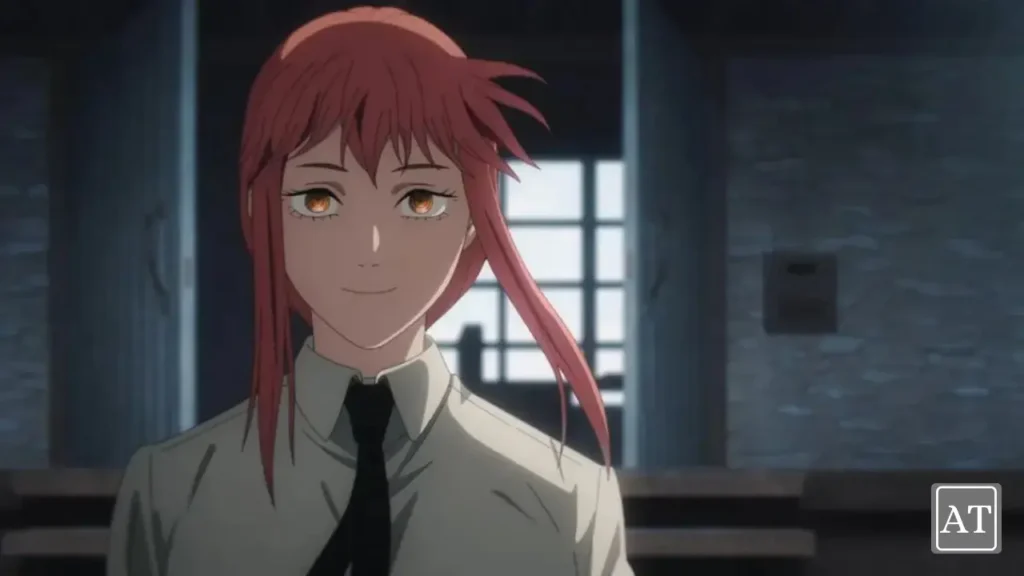
Makima’s power is soft: a smile, a pat on the head, a promise of “family.” Yet she tightens invisible leashes until hearts break. Many readers see echoes of toxic relationships—love offered like candy, poisoned with strings. Her arc asks: What is freedom worth to you?
Shogo Makishima (Psycho-Pass): Freedom’s Creepiest Salesman
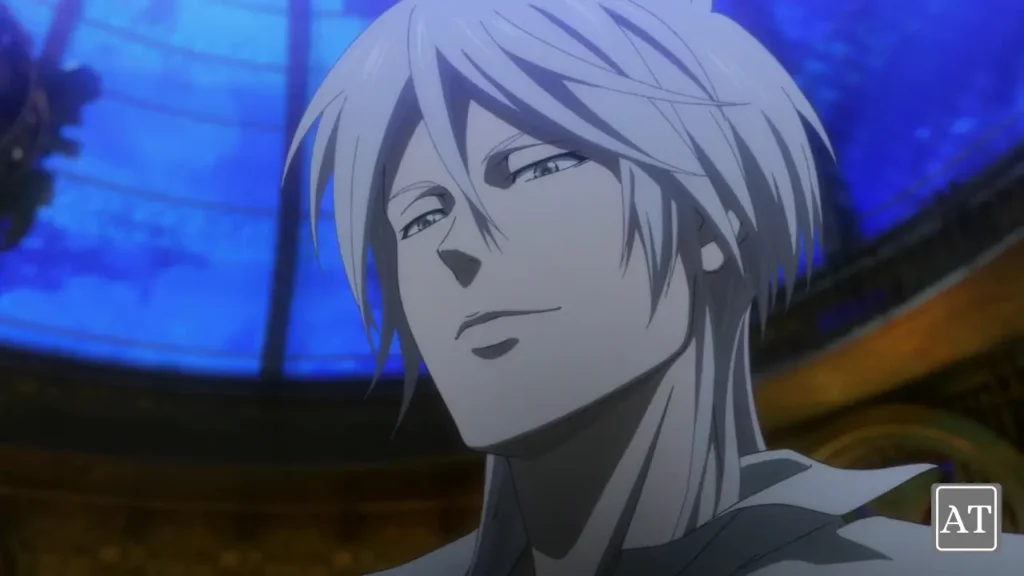
Makishima quotes literature while causing chaos, believing true liberty blooms only in blood. Chilling? Yes. But his complaint—that a comfy system can dull human spirit—sparks real-world reflection. Remember doodling in class, yearning to break “rules” creatively? Makishima is that urge gone feral.
Meruem (Hunter × Hunter): The Monster Who Learned to Cry
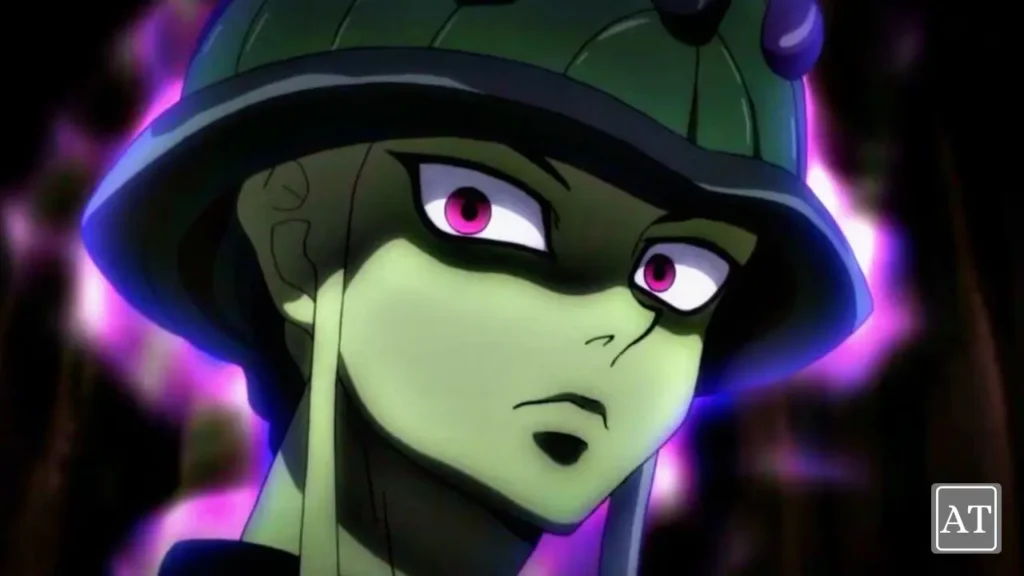
Born to rule and devour, Meruem dismisses humans as snacks. Then he meets blind, gentle Komugi at a board game. Their bond melts his rage, proving empathy can sprout in the strangest soil. His final scene—hand in Komugi’s—made countless fans ugly-cry into keyboards (me included).
Griffith (Berserk): Dreams, Betrayal, and a God Complex
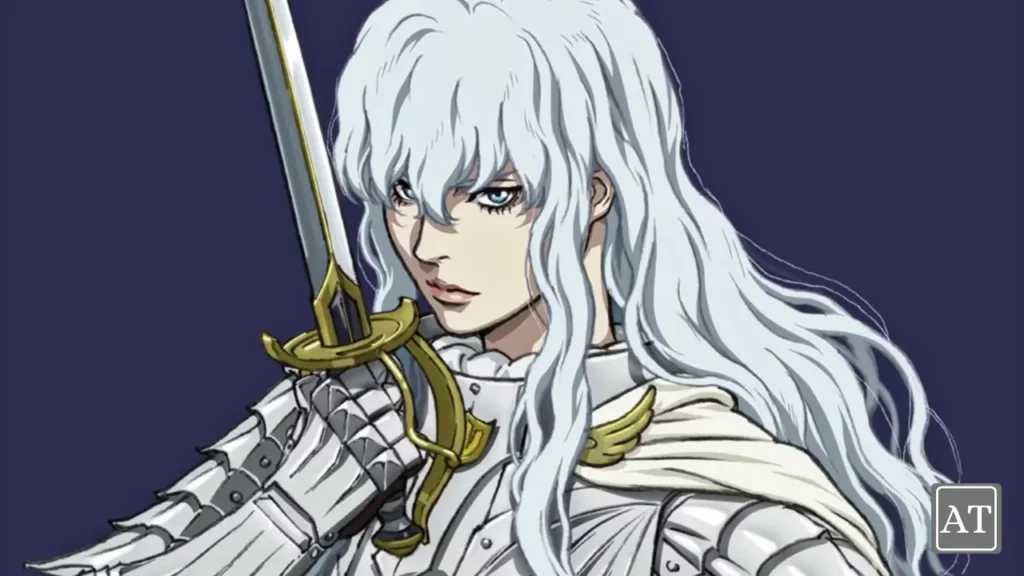
Few betrayals sting like Griffith’s eclipse. We rooted for his shining ambition—until he traded comrades for power. The gut-punch reminds us: chasing dreams without limits can turn heroes into nightmares. Whenever I overwork, I recall Griffith’s hollow stare and log off early.
All-For-One (My Hero Academia): Evil as an Inheritance Plan
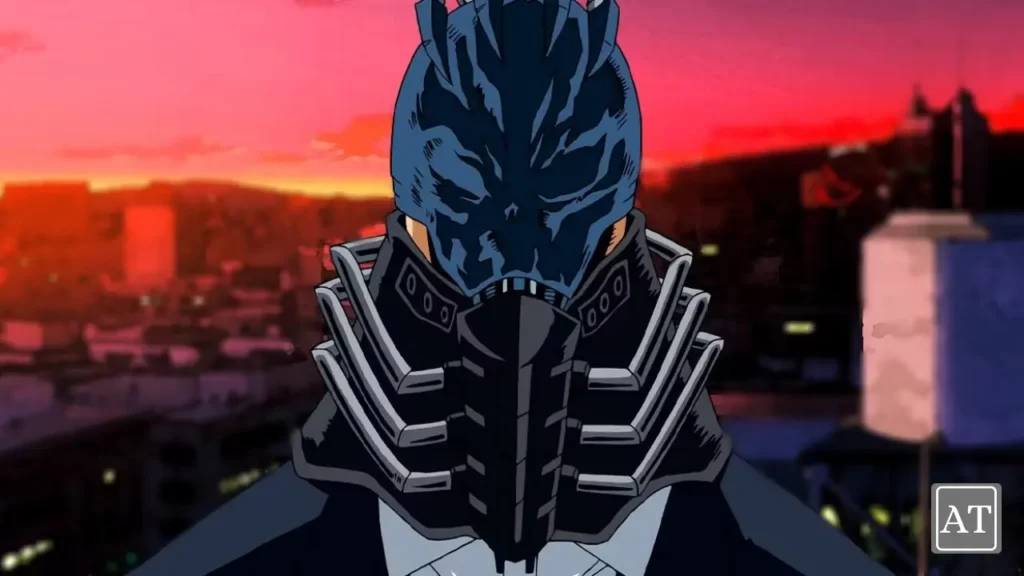
While All Might gives hope, All-For-One steals quirks like a cosmic shoplifter. What terrifies me is his mentorship—warping protégés the way bad adults warp kids’ futures. He’s a cautionary tale about power hoarding and the stories we pass down.
Yhwach (Bleach TYBW): A Future Without You
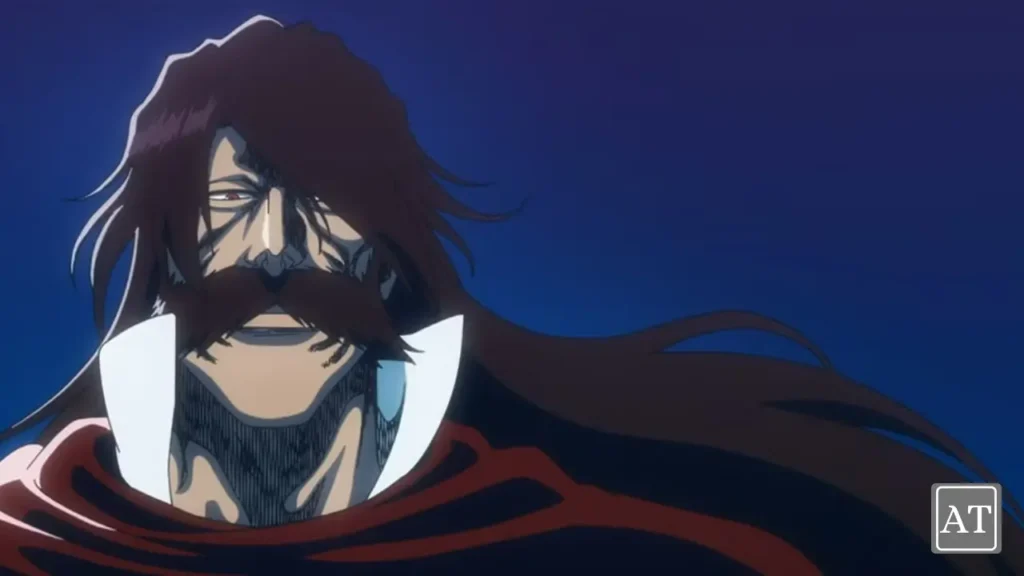
Yhwach’s gift/curse: seeing futures and devouring them. He embodies the fear of destiny’s theft—of waking to find your tomorrow already decided. Chilling, right? That’s why his calm proclamations feel scarier than a scream.
Dio Brando (JoJo’s): Charisma in Vampire Form
Dio is pure theater: capes, one-liners, and ZA WARUDO! He’s proof a villain doesn’t need tragic backstory—sometimes pure ego and style can carry. Whenever life feels dull, I channel a bit of Dio confidence (minus the blood-sucking).
What These Villains Teach Us About Real-Life Choices
- Empathy Beats Fury – Naruto hugging Nagato saved more lives than fists.
- Question Easy Peace – Aizen shows how comfort can blind trust.
- Power Without Growth Stalls – Frieza’s lack of emotional maturity gets him sliced—twice.
- Freedom Has Boundaries – Makishima’s liberty ignores others’ rights.
- Ambition Needs Ethics – Griffith proves dreams without lines become nightmares.
Ask yourself: Which lesson do I need today?
Conclusion
If villains are the night sky, heroes are the stars—but remember, stars need that darkness to shine.
By understanding Pain’s sorrow, Makima’s control, or Dio’s unchecked ego, we glimpse our own shadows. And when we know them, we’re free to choose light.
File size
So next time the big bad appears, lean forward. Ask, “What mirror are you holding up for me?” You might leave the episode speechless—then softer, wiser, and ready to craft a better chapter of your own life.
FAQs
1. Why do anime villains feel more complex than some movie villains?
Anime series often run for dozens of episodes, giving writers time to paint backstories, motives, and turning points. Long exposure breeds nuance—like spending a school year with a classmate versus one lunch break.
2. Are there kid-friendly anime with great villains?
Absolutely! Try Avatar: The Last Airbender’s Zuko (technically American anime-inspired) or Pokémon’s Team Rocket for playful foes who still teach lessons.
3. How can I discuss darker villain themes with younger viewers?
Use simple analogies: Pain’s plan is like trying to stop all bullying by banning recess; it “works” but hurts everyone. Ask kids how they would solve it better.
4. Who is the newest anime villain making waves in 2025?
Right now, buzz circles around Eren Yeager’s Legacy Faction in the Attack on Titan: New Paths sequel manga—fans debate whether they’re villainous or visionary.
5. Can a hero become a villain in real life?
When passion loses empathy, yes. That’s why reflection, community feedback, and healthy boundaries guard our inner compass.

